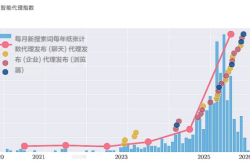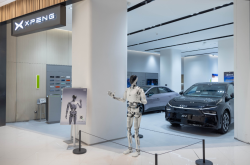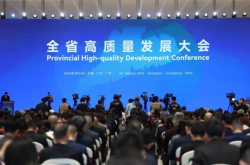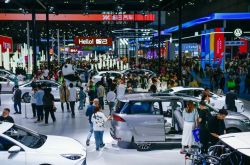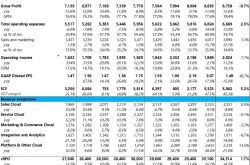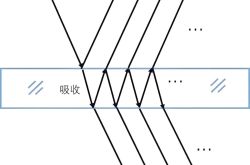China and Europe Embark on a New Era of Enhanced Cooperation
![]() 05/08 2025
05/08 2025
![]() 840
840
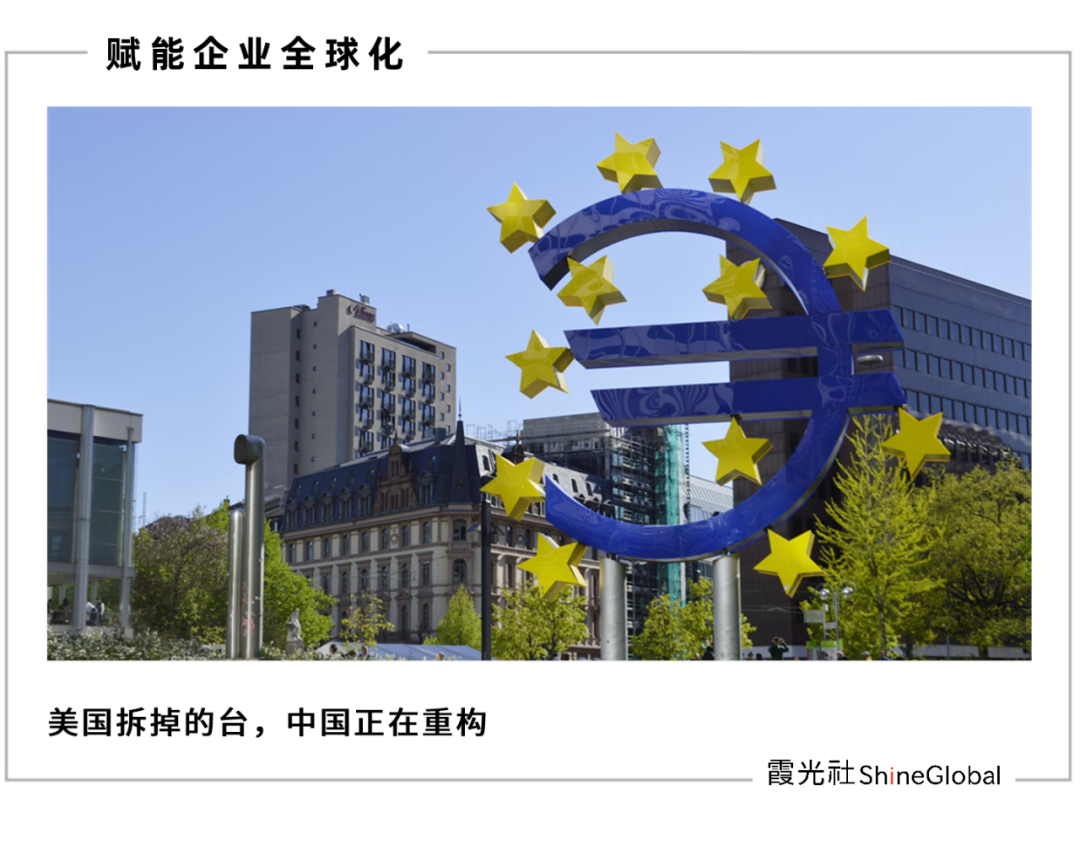
Author | Daoma
As Europe emerges as a preferred destination for Chinese enterprises expanding overseas, another significant development has taken place.
On Tuesday, May 6, Chinese Foreign Ministry Spokesperson Lin Jian confirmed that China and the European Parliament have decided to simultaneously and comprehensively lift restrictions on mutual exchanges. Senior media figure Hu Xijin interpreted this as both sides lifting sanctions and restrictions on each other's personnel and institutions.
Despite frequent trade between China and European markets in the past, there have been minor frictions and sanctions in certain areas. With the lifting of exchange restrictions, the most immediate change is the full restoration of legislative exchanges between China and Europe. Additionally, both sides will engage in a range of activities in the fields of economy, trade, culture, youth, sports, and academics.
A notable shift is the accelerating pace of Chinese enterprises investing and expanding in Europe. At the recent Shanghai Auto Show, leaders from leading Chinese automakers such as Chery, Changan, and SAIC all expressed their intent to accelerate their expansion into the European market.
While personnel exchanges and economic and trade changes are evident outcomes, Xia Guangshe suggests the underlying logic is more profound. As the United States continues to undermine the global order through unilateral policies, the full restoration of China-EU relations is effectively reconstructing a new order.

Let's delve into the event itself:
On May 6, Foreign Ministry Spokesperson Lin Jian presided over a regular press conference. When asked about the lifting of exchange restrictions with the European Parliament, Lin Jian said, "Over the past few years, exchanges between China and European legislative bodies have encountered setbacks due to well-known reasons. Under the current circumstances, both sides believe that strengthening dialogue and cooperation between China and Europe is crucial." After consultation, China and the European Parliament decided to simultaneously and comprehensively lift restrictions on mutual exchanges. We believe and expect that with the full restoration of legislative exchanges, communication and understanding between the two sides will deepen, injecting new impetus into the sustained, healthy, and stable development of China-EU relations.
A day later, on May 7, China's Ministry of Commerce updated its website with news that Vice Premier He Lifeng would travel to Switzerland on May 9 to hold talks with US Treasury Secretary Janet Yellen. Foreign Ministry Spokesperson Lin Jian confirmed that the talks were initiated at the request of the US side.
He Lifeng's itinerary suggests that after the talks in Switzerland, he will immediately travel to Paris to preside over the China-France High-Level Economic and Financial Dialogue. This arrangement has been described by foreign media as a "double act in Europe," hinting at China's strategic moves.
With the United States showing impatience and China favoring multilateralism, connecting the events of May 6 and 7 reveals that China-EU relations have become a pivotal lever in China-US relations and even the restoration of the global order.

How significant is the restoration of China-EU relations?
Over the past five years, China-EU relations have experienced significant fluctuations. In 2021, due to geopolitical conflicts and ideological differences, the European Parliament unilaterally froze the deliberation and ratification of the seven-year-long negotiated Comprehensive Agreement on Investment (CAI) under the pretext of "human rights issues." China promptly retaliated, leading to a halt in high-level visits and legislative dialogues between the two sides.
Since then, the Russia-Ukraine conflict, Europe's "de-risking" policy towards China (e.g., the Chips Act and carbon tariffs), and US pressure on Europe have further complicated China-EU relations. This internal European policy dilemma is evident: on one hand, it relies on the Chinese market to absorb its high-end manufacturing capacity; on the other hand, it attempts to reduce dependence on China through "decoupling."
This contradiction has led to a slowdown in China-EU economic and trade cooperation, with bilateral trade volume declining by about 5% year-on-year in 2023.
The turning point came in March 2025: the European Parliament proactively lifted the ban on exchanges with China, and China immediately responded, reaching a consensus on "simultaneously lifting exchange restrictions." This decision was driven by multiple practical pressures:
Firstly, following Trump's ascent to power and the rapid launch of a global trade war, the US changed its attitude towards Europe, altering Europeans' long-term geopolitical expectations. The cooperative environment between China and Europe has shifted.

Consequently, European Commission President Ursula von der Leyen, who previously had a tough stance on China, changed her tone in March 2025, stating, "China-EU relations are among the most complex and important in the world today. How Europe handles relations with China is decisive for Europe's future economic prosperity and security." Thierry Breton, the European Commissioner for Trade and Economic Security, also criticized the US for imposing tariffs that severely impacted international trade, and the EU agreed to initiate consultations with China as soon as possible to discuss issues such as market access and investment cooperation in the automotive industry.
On May 6, Chinese and European leaders exchanged congratulatory messages on the 50th anniversary of the establishment of diplomatic relations between China and Europe. EU leaders Costa and von der Leyen expressed that amidst global uncertainties and geopolitical changes, the EU is willing to deepen its partnership with China, strengthen exchanges and cooperation, uphold the purposes and principles of the UN Charter, work together to address common challenges, and promote world peace, security, prosperity, and sustainable development.
The development and cooperation between China and Europe are geopolitically inevitable and an unavoidable choice for modern Europe.
While the Trump administration hoped the EU would join its strategy to "isolate" China, analysts widely consider this unrealistic. The US-China relationship differs from that between Europe and China. The EU is an ally of the US, but it has its own interests. From Europe's perspective, cooperating with China is both an economic necessity and a political lever to maintain a balance between China and the US, aligning with Europe's strategic interests.
Thus, further cooperation between China and Europe is effectively compensating for and reconstructing platforms dismantled by the US.

The benefits of China-EU cooperation are long-term, but some fields and industries may see immediate results.
China is the EU's largest import source (accounting for 21.3%), and the EU is a significant trading partner for China. In 2024, total goods trade between China and Europe amounted to $785.8 billion, a 0.4% year-on-year increase.
The issue of US tariffs has strengthened China and Europe's willingness to cooperate, and trade cooperation opportunities are expected to expand further, driving continuous growth in bilateral trade volume.
Chinese overseas enterprises can focus on the following areas:
1. New Energy Vehicles
In the first quarter of 2025, China's exports of new energy vehicles to Europe increased by 82% year-on-year. Joint venture factories between Contemporary Amperex Technology Co. Limited (CATL) and BMW, Mercedes-Benz have successively commenced operations. After the EU lifted tariffs on electric vehicles from China, BYD and NIO's market share in Europe exceeded 12%.
Recently, the European Commission stated that the EU and China have agreed to study setting a minimum price for new energy vehicles made in China, replacing the EU's plan to impose tariffs on Chinese new energy vehicles from last year. Replacing tariffs with a minimum price presents a significant opportunity for Chinese new energy vehicle enterprises.
Previously, Chinese new energy vehicles entered the European market with a low-price strategy, leading some consumers to question product quality and brand value. With reasonable price adjustments, enterprises can invest more resources in brand building, after-sales service, etc., gradually changing European consumers' perception of Chinese new energy vehicle brands, transitioning from a simple "price advantage" to a comprehensive "value advantage."

Compared to Chinese enterprises, the local European automotive industry's development in the electric vehicle field is relatively slow, and Chinese new energy vehicles urgently need to export to Europe to absorb production capacity. With improved China-EU relations, the export volume of Chinese new energy vehicles to Europe will further increase.
2. Photovoltaics and Energy Storage
Due to Europe's strong demand for energy transition, China and Europe have strong technical complementarities in photovoltaics and energy storage, providing a foundation for cooperation in green energy. Currently, cooperation in photovoltaics, energy storage, and new energy vehicles between China and Europe has formed a synergistic effect of "Chinese technology + European standards."
For instance, in the photovoltaic industry: China's global market share of photovoltaic modules exceeds 80%, and the EU's imports of photovoltaic products from China increased by 42% in 2024. The battery factory in Hungary has become a benchmark for China-EU cooperation.
In March 2025, China exported about 8.43 GW of photovoltaic modules to the European market, a 45% increase from the previous month but a 13% decrease from 9.67 GW in March 2024. As of the end of March this year, China exported about 21.53 GW of photovoltaic modules to the European market in the first quarter, a 9% decrease from 23.7 GW in the same period last year.
In 2024, the installed capacity of large-scale energy storage systems in Europe is expected to surpass residential energy storage systems for the first time. The European Photovoltaic Industry Association predicts that the overall energy storage market in Europe will maintain strong growth of 35% in the future. This provides a vast market for Chinese energy storage enterprises and attracts extensive cooperation between the two sides.
3. Manufacturing
European enterprises possess advanced technologies in high-end equipment manufacturing and precision instruments, while Chinese enterprises have unique advantages in fields such as 5G communication and AI applications. With improved China-EU relations, enterprises from both sides can further cooperate, achieving technological complementarity and enhancing their respective technological levels and innovation capabilities.
Additionally, industry-university-research cooperation between universities, research institutions, and enterprises in China and Europe will become more active. Both sides can jointly undertake scientific research projects, cultivate high-quality manufacturing talents, accelerate the transformation and application of technological achievements, and provide talent support and technological reserves for the innovative development of the manufacturing industry.
Simultaneously, improved China-EU relations will help both sides further optimize the division of labor in the manufacturing industry chain based on their respective industrial advantages. China has cost and scale advantages in the low-end and mid-end segments of the manufacturing industry, while Europe excels in high-end manufacturing and the production of key components. Through cooperation, both sides can achieve coordinated development of the industrial chain and improve the efficiency and competitiveness of the entire industrial chain.
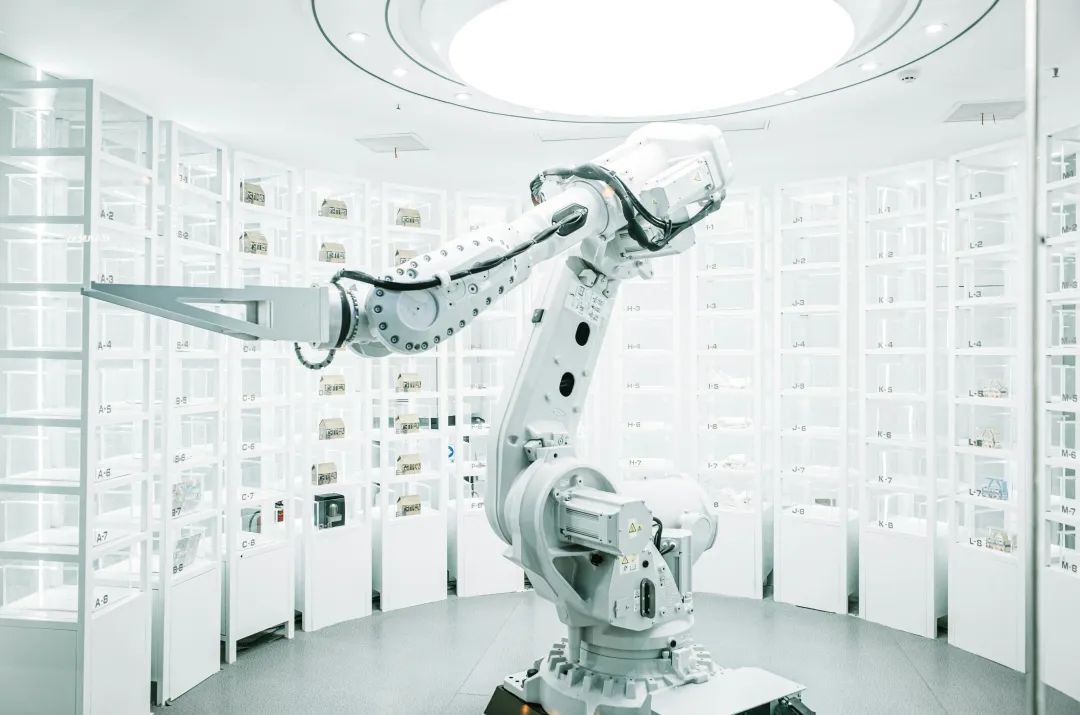
4. AI
From 2017 to 2022, cooperation between Europe and China in AI has continuously increased. According to statistics from the French Institute of International Relations, from 2019 to 2023, European technology investments in China were primarily concentrated in the AI field, with the most coming from Germany and France. As of last year, European investment in China's AI industry accounted for about 4% of the total AI investment received by China. European companies such as Siemens and Volkswagen have also established AI laboratories in China.
Furthermore, China stands as a global leader in AI, and its governance practices and propositions have garnered widespread attention. Over the years, China has significantly contributed to AI governance, establishing unique approaches such as initiating the Global Initiative on AI Governance. Europe, which places great emphasis on AI governance, is keen on engaging in exchanges with China in this field. Enhancing dialogue between China and Europe on AI governance can help depoliticize bilateral cooperation and strengthen mutual trust.
Moreover, in the past, Europe's AI development has been overshadowed by the United States, lagging behind both China and the U.S., and even surpassed by the Middle East. Collaborating with China in AI could enable Europe to overcome this suppression and gain a strategic advantage.
Overall, the momentum for cooperation between China and Europe in AI remains positive. With the improvement in China-EU relations, cooperation in AI between the two parties is set to deepen further.

The tariff war, while creating a rift in American hegemony, has paved the way for enhanced China-EU cooperation. Restoring relations with the EU embodies Chinese wisdom and aligns with global trends. As the EU transitions from a "rule taker" to a "rule maker" and China defends its interests through a combination of "law + industry + resources," the outcome of this interaction is evolving from a zero-sum game to a new model of competition and cooperation within a multipolar order.
As a recent article in The Washington Post observed, "China will capitalize on Washington's disarray... This presents China with unprecedented opportunities to reshape international alliances and tip the balance of power in its favor."
China is rebuilding the platforms dismantled by the United States. For those venturing overseas, it presents a prime opportunity to actively expand market channels and deeply integrate into European culture and industrial ecosystems.

